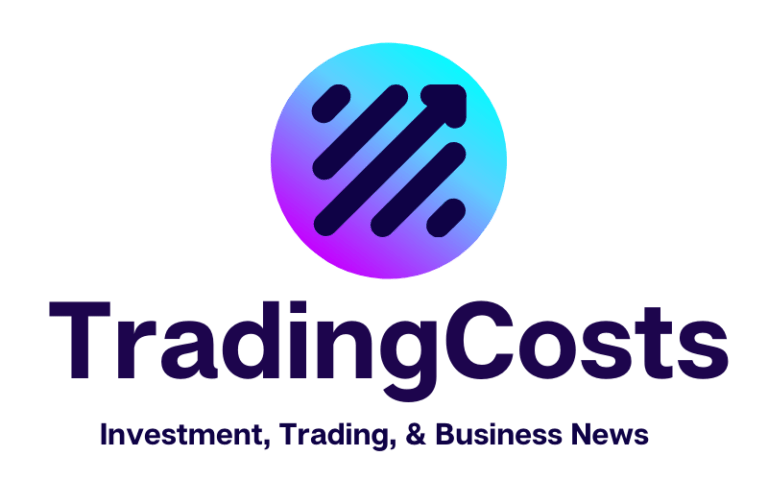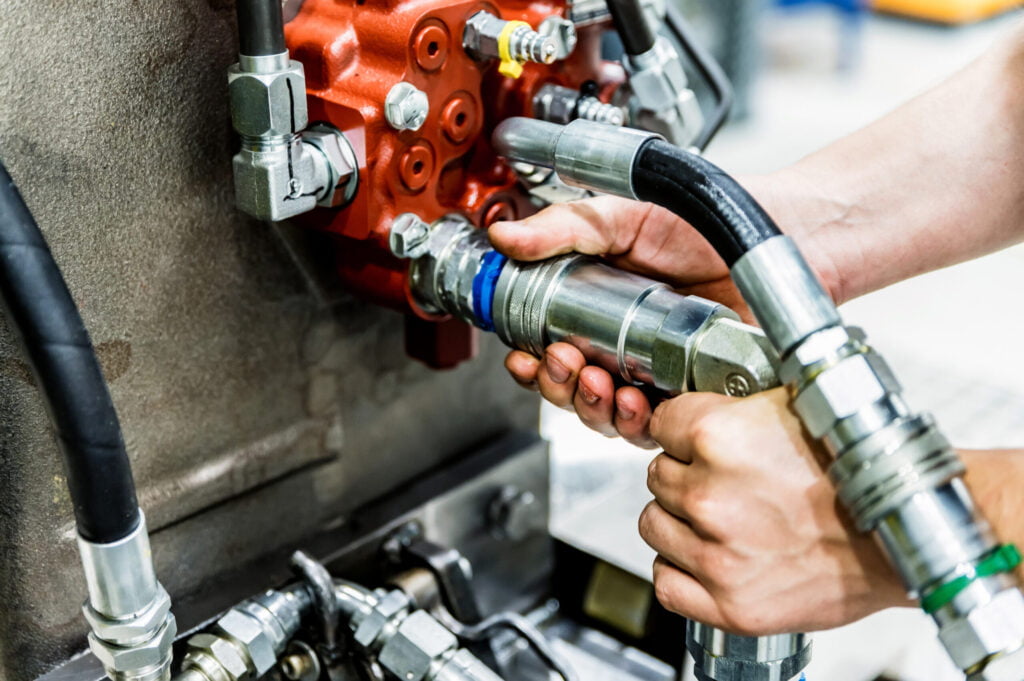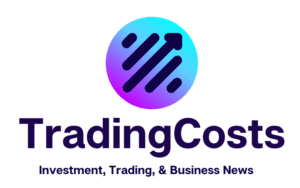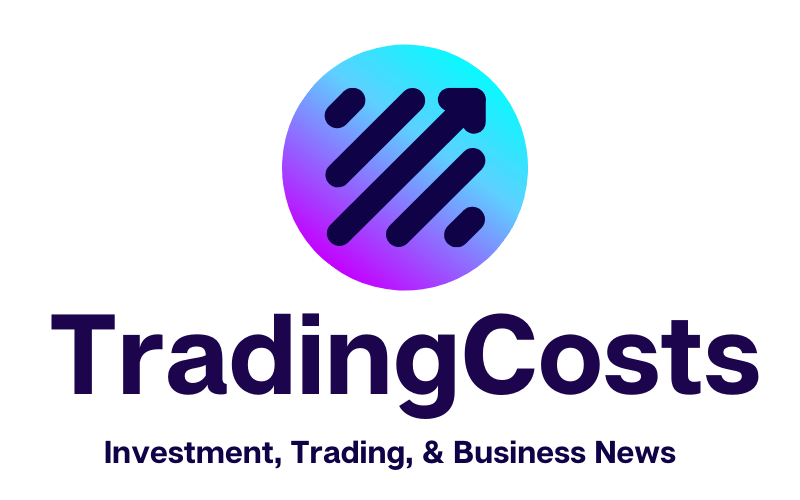In an era defined by rapid technological advancements and growth, industries around the world are striving to stay at the cutting edge of their respective fields. With this drive comes a continuous need for modern equipment and machinery. However, as companies endeavor to update their equipment, a vast marketplace for used industrial machines emerges. For many businesses, buying used industrial equipment can be a golden opportunity. From cost savings to immediate availability, the advantages are numerous. Let’s delve into the perks of buying used industrial equipment.
1. Significant Cost Savings
One of the primary benefits of buying used industrial equipment is the significant reduction in cost. New machinery often comes with a hefty price tag, which can strain the budget of many businesses, especially small and medium-sized enterprises. Buying used equipment, such as used evaporators, can offer companies quality machinery at a fraction of the cost of new models.
By purchasing used equipment, businesses can also enjoy a better return on investment (ROI). This is because the depreciation hit on new machinery happens the hardest within the first year. After this period, the value of the equipment stabilizes, allowing companies to sell it later with minimal loss, should they need to.
2. Speedy Procurement and Deployment
When ordering new equipment, such as food product manufacturing equipment, there is often a lead time involved, which can range from weeks to even months depending on the machinery and its complexity. This wait can hinder business operations, especially in industries where time is of the essence.
Used industrial equipment, on the other hand, is typically ready for immediate sale. Once a business identifies the right machine, the transaction can be completed quickly, and the machinery can be deployed into operation without delay. This immediacy can be crucial for businesses trying to capitalize on new market opportunities or replace malfunctioning equipment rapidly.
3. Tested and Proven Reliability
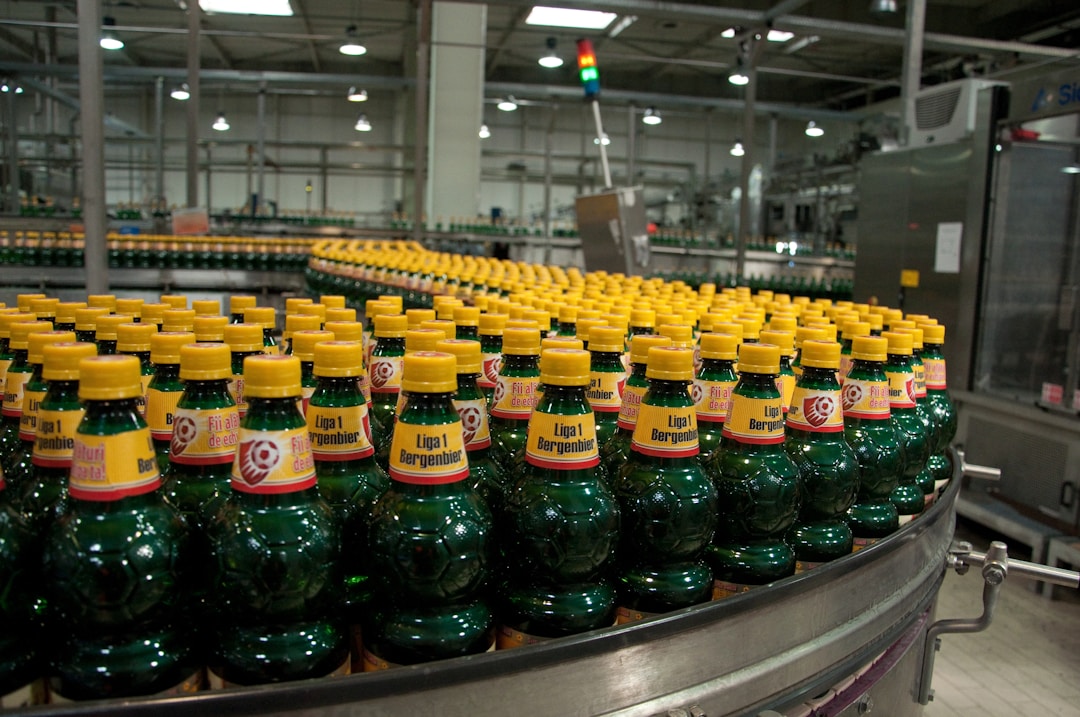
Another considerable advantage of buying used industrial equipment is that it has a proven track record. New machinery, while designed to operate under ideal conditions, hasn’t been exposed to the rigors of daily operation. In contrast, used equipment, such as a used heat exchanger, has often been tried and tested in real-world scenarios. This operational history can be invaluable in understanding how the machine will perform and its potential maintenance needs.
Businesses can review the maintenance records, operating hours, and any issues the equipment may have had in the past. This knowledge enables informed decision-making and reduces the uncertainties that might come with new machinery.
4. Sustainable and Environmentally Friendly
In a world increasingly conscious of sustainability, buying used industrial equipment is an eco-friendly decision. Manufacturing new machinery involves extracting raw materials, processing them, and then producing the equipment, all of which consume energy and contribute to environmental degradation.
By choosing used equipment, businesses can reduce the demand for new machinery, which in turn decreases the associated environmental footprint. It’s a way of promoting a circular economy, wherein resources are reused and recycled as much as possible, reducing waste and conserving the environment.
5. Access to Legacy Equipment
Sometimes, newer isn’t always better. Certain industries might have specific requirements or processes that are best suited for older models of machinery, which are no longer in production. In such scenarios, the used equipment market becomes a vital resource.
Legacy equipment can be particularly crucial for businesses looking to maintain or repair older systems without undertaking a complete overhaul. Used equipment dealers often carry a broad spectrum of models, including those that are hard to find, offering a lifeline to businesses in need of these legacy machines.
6. Reduced Insurance and Tax Costs
From a financial perspective, used equipment can also lead to savings in insurance and taxes. New machinery usually comes with higher insurance premiums due to its elevated replacement cost. In contrast, the reduced value of used equipment typically leads to lower insurance premiums.
Similarly, tax benefits can arise from buying used machinery. In many jurisdictions, businesses can write off the depreciation of equipment on their taxes. Because used equipment has already gone through its steepest depreciation curve, its book value can be reduced faster, providing potential tax benefits to the purchaser.
7. Comprehensive Warranty Options
Even though industrial equipment is being purchased second-hand, many reputable dealers offer warranties on their used machinery. These warranties can range from short-term guarantees to extended service agreements, providing an added layer of protection for the buyer. It’s an acknowledgment that the dealer stands behind the quality and reliability of their equipment, even if it has had a previous owner. Such warranties can bridge the trust gap and offer peace of mind to businesses, ensuring any unforeseen issues with the machinery will be addressed without incurring additional costs.
8. Flexibility in Customization
Used industrial equipment often provides a flexibility that new machinery might not offer. Given that it’s been previously operated, making adjustments or customizations to better suit specific business needs becomes simpler. Whether it’s tweaking a component, adding specific features, or even downsizing a machine, the possibilities of tailoring used equipment are abundant. This level of adaptability ensures businesses are not just buying machinery but solutions tailored to their unique operational challenges.
9. Opportunity for Skillful Negotiation

The market for used industrial equipment is vast and varied. Unlike the rigid pricing structures that often accompany new machinery, the used equipment market allows for more negotiation practices. Buyers have the opportunity to research, compare prices, and engage in discussions with sellers to arrive at a mutually beneficial deal. This environment not only enables companies to get the best bang for their buck but also fosters relationships between buyers and sellers, which can be advantageous for future transactions or industry collaborations.
10. Training and Support Services
Many used equipment dealers recognize the importance of after-sales support. To differentiate themselves and offer value to their customers, they provide training sessions and support services post-purchase. This ensures the businesses purchasing the equipment can get the most out of their new acquisition. Employees can be trained on best practices, safety protocols, and optimal operating procedures. Such support services can prove invaluable, especially if the machinery is a new addition to the company’s equipment lineup or if there have been significant updates since its last model.
11. Vast Array of Choices
The used industrial equipment market is colossal, offering a diverse range of machinery from different manufacturers, years, and models. This plethora of options ensures businesses can find equipment that perfectly aligns with their requirements. Whether a company is looking for a machine that was manufactured a decade ago or a more recent model with specific features, the chances are high that they’ll find it in the used market. This broad selection also provides companies the ability to compare various models side by side, making informed decisions based on firsthand observations.
Embracing the Potential of Used Equipment
In the vast landscape of industrial operations, the decision to buy new or used equipment isn’t always straightforward. However, as we’ve explored, there are undeniable perks to opting for used machinery. Whether it’s the considerable cost savings, the environmental considerations, or the need for legacy machinery, the used equipment market offers diverse solutions for businesses across various sectors. As industries continue to evolve and grow, integrating used machinery can be a strategic move, enabling businesses to maximize their operational potential while being financially and environmentally astute.
